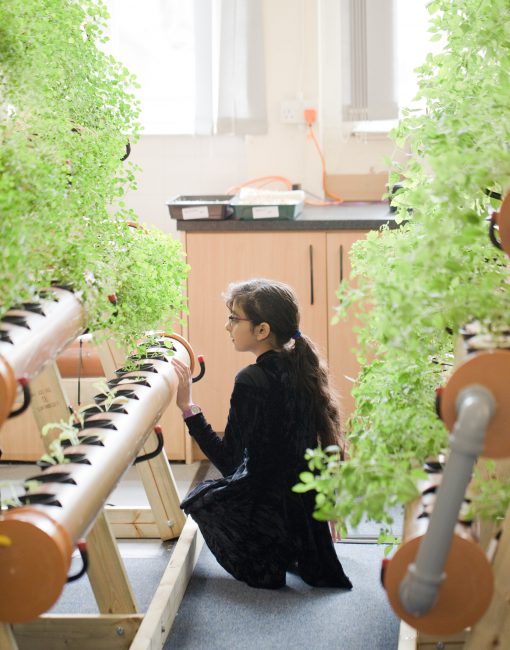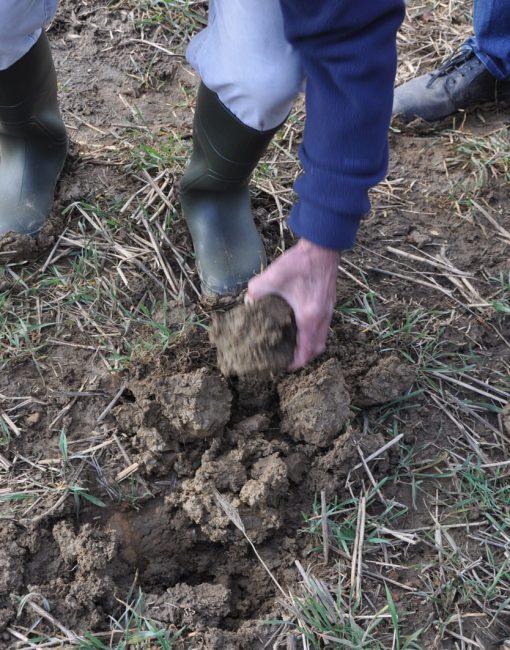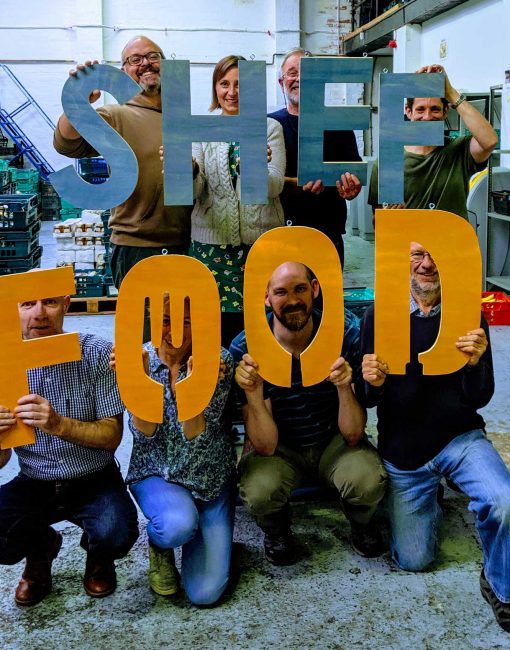The H3 consortium seeks to transform UK food systems from the ground up via an integrated programme of interdisciplinary research, organised through six work packages (WP) and three cross cutting themes (CCT). We aim to develop a systems-based understanding of:
Healthy Soil – Are regenerative land management practices and hybrid farms economically and environmentally sustainable, producing farming practices which can develop healthier soils, support biodiversity, conserve water and reduce GHG emissions? (WP2, WP3, CCT1).
Healthy Food – Are innovative hybrid farming and horticultural techniques able to produce nutritious and tasty fresh vegetables which are accepted by consumers, in a more economically and environmentally sustainable way than existing practices? (WP1, WP2, WP4, CCT1, CCT2).
Healthy People – Can we improve the diets and health of low income urban communities through increased access to, and consumption of, nutritious, affordable and appetising fresh vegetables, and fibre-enriched bakery products? (WP2, WP4, WP5, CCT2)
H3 also aims to understand how to promote food systems that are resilient to future shocks (WP6) and ensure that the findings from the research programme are widely known, understood and used by practitioners, policy makers and future researchers (CCT3).
Work Packages

Novel Growing Technologies
(WP1) Advancing novel growing technologies via fundamental research

Hybrid Hydroponic Horticulture
(WP2) Aiming to combine hydroponic and conventional soil-based agriculture

Farm-Scale Regenerative Agriculture
(WP3) Evaluating the benefits of regenerative agriculture

Biofortification and Consumer Acceptance
(WP4) Addressing the key public health challenges of micronutrient deficiency

Increasing Fibre Consumption
(WP5) Seeking to increase the consumption of fibre with its attendant health and sustainability benefits

Improving Resilience in Supply Chains
(WP6) Seeking to increase food system resilience in supply chains
Cross-Cutting Themes

Integrative Methods
Focusing on the application of integrative methods such as Life Cycle Assessment

Consumption and Demand
Focusing on issues of consumer behaviour, dietary change, public acceptance and affordability

Translation, Engagement and Impact
Ensures that a wide range of stakeholders from government, business and civil society are involved throughout the programme
